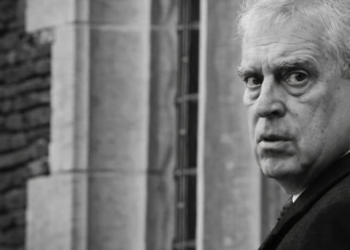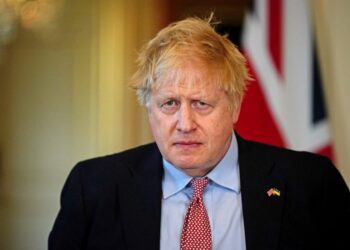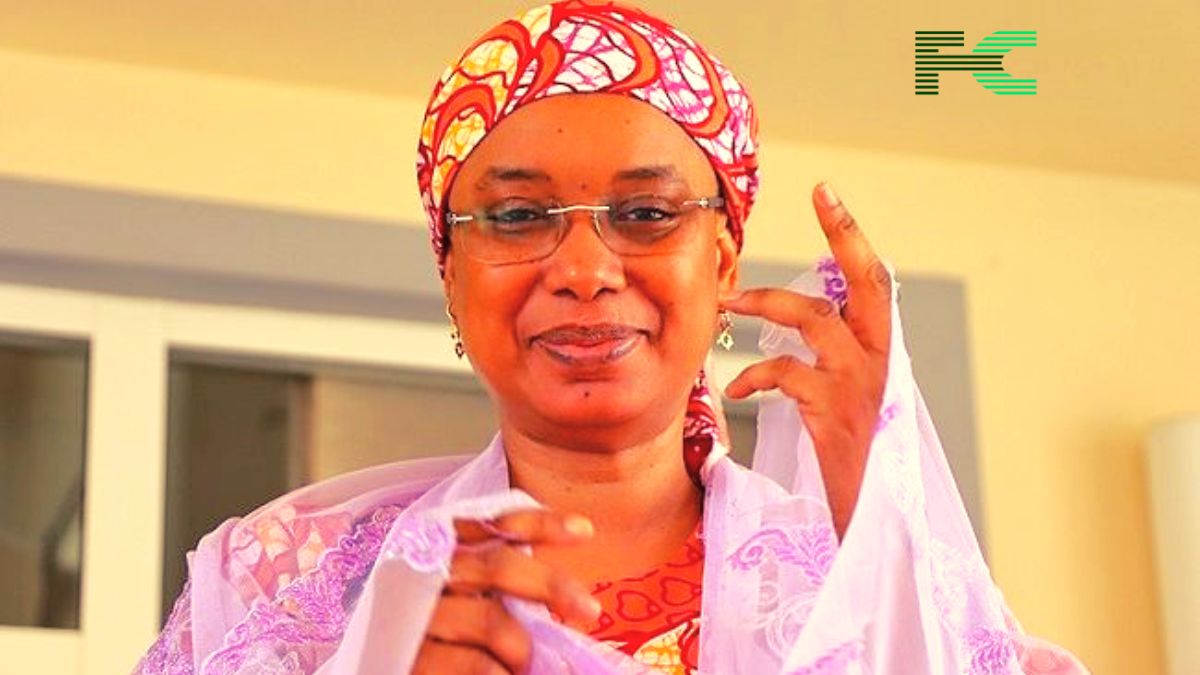Beirut has been rocked once again as Israel ramped up its military campaign, targeting Hezbollah strongholds in southern Beirut early Sunday morning. The airstrikes sent panic across the Lebanese capital, lighting up the sky with flashes of red and white for over half an hour. Residents were jolted awake as the relentless bombing pounded the heart of Hezbollah’s operations, reminding everyone of the decades-long tension in the region.
According to Israeli military sources, these “targeted strikes” aimed at Hezbollah’s weapons storage and terrorist infrastructure. Israel, ever keen on showcasing its commitment to minimizing civilian casualties, stated that it had given advanced warnings to the local population. But does that really ease the fear and devastation for the residents caught in the crossfire?

The strikes come after the killing of Hezbollah’s notorious leader, Sayyed Hassan Nasrallah, on September 27th. His death, confirmed by Hezbollah, marks a serious blow to the Iran-backed group, which has long wielded significant influence in Lebanon and beyond. Nasrallah’s potential successor, Hashem Safieddine, has reportedly been unreachable since Friday, following an Israeli airstrike near Beirut’s international airport. Coincidence? Hardly.
Hezbollah remains tight-lipped on Safieddine’s status, but his absence has only deepened the leadership crisis within the group. Israeli strikes, which have sharply increased in recent weeks, seem to be systematically dismantling Hezbollah’s command. If Safieddine is indeed another casualty, it would be yet another heavy hit for the group and its backer, Iran. Israel’s operations appear to be leaving no stone unturned, making sure that Hezbollah’s leadership is left in shambles.
Israel made its first strike in the northern Lebanese city of Tripoli, extending its military reach further across the country. Israeli troops have also been conducting raids in southern Lebanon, signaling a full-scale assault on Hezbollah’s operations. For those hoping this might just be another border conflict, it’s time to wake up—this is far more significant.
The human toll? Civilian casualties and mass displacement are inevitable, as Israel’s bombardment of Hezbollah strongholds shows no signs of slowing down. Rescue workers in Beirut’s Dahiyeh district have been unable to reach the site of Thursday night’s attack, raising concerns that more bodies are yet to be recovered.
While Israel claims its actions are necessary to protect its citizens from Hezbollah’s rocket fire, the real cost is being paid by ordinary people on both sides of the conflict. Hezbollah fighters have been hit hard, with Israeli military sources claiming to have killed 440 of them in ground operations and destroyed over 2,000 Hezbollah targets. But Hezbollah, unsurprisingly, has kept quiet on its death toll—perhaps in an attempt to maintain an image of invincibility despite the heavy losses.

















